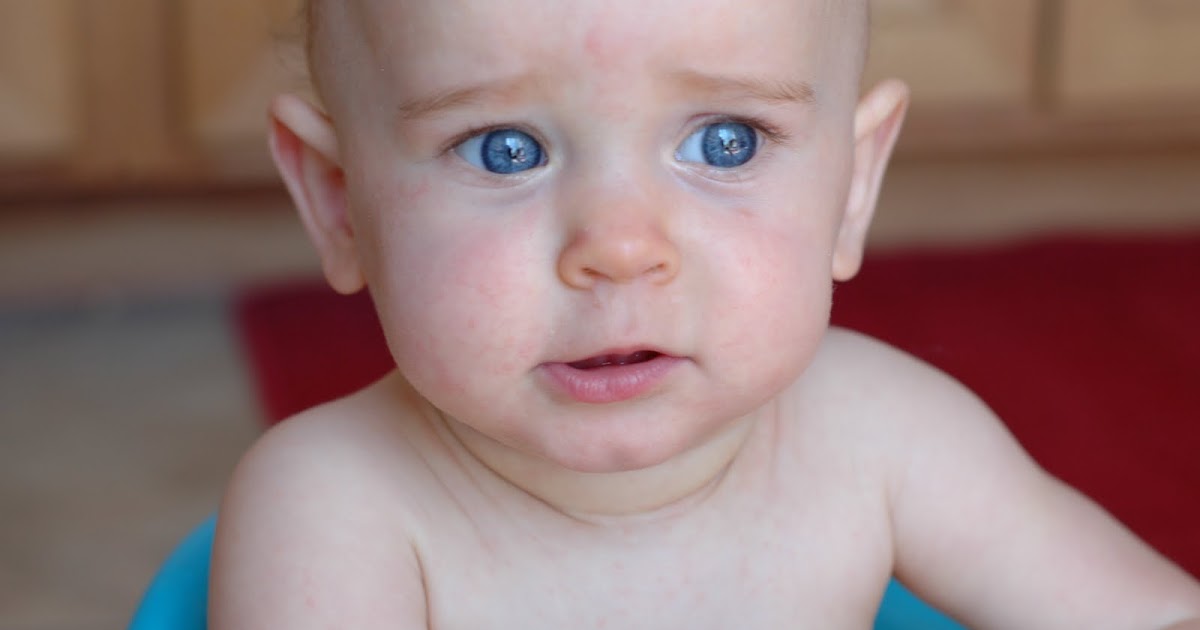Most Common Illnesses And Infections In Children
Croup

Croup is frequently caused by the parainfluenza virus, and children between six months to three years old are at an increased risk of this condition. Patients with this ailment typically develop a hoarse voice, and their breathing is often labored and noisy. The most recognizable symptom associated with croup is an especially loud cough that may resemble a bark. Some children with croup may have a fever, and the symptoms of this illness are generally worse during the night.
Most cases of croup will resolve with home treatment for three to five days. Rest, adequate fluids, acetaminophen, and cool, moist air are all helpful in recovery. For moderate and severe cases, doctors may prescribe glucocorticoid, dexamethasone, or epinephrine to reduce inflammation of the airways. Hospitalization may be required in serious cases, and medical attention should be obtained if the patient is having breathing difficulties or makes high-pitched sounds when breathing in and out.
Roseola

Roseola is a viral infection caused by types six and seven of the human herpesvirus. The condition occurs most frequently in children between six months and two years old. At first, patients with roseola have symptoms of an upper respiratory infection, and they then develop a high fever that may continue for up to seven days. In some cases, the fever may be between 103 and 105 degrees Fahrenheit. Swollen lymph nodes, loss of appetite, and irritability are commonly observed during this stage. Generally, the fever will end suddenly, and this is followed by the formation of a rash. Starting on the torso, the rash can spread to the face, neck, and limbs. It may be flat or raised, and the individual spots typically turn white when pressed.
Treatment for roseola focuses on reducing the high fever associated with this illness, and doctors recommend that parents administer acetaminophen or ibuprofen at home. Parents should also provide ice chips and plenty of water and clear fluids to prevent dehydration. Prompt medical attention should be provided for children with roseola who are lethargic or cannot drink. Between ten to fifteen percent of children with this illness may have a febrile seizure, and this requires emergency medical care.
